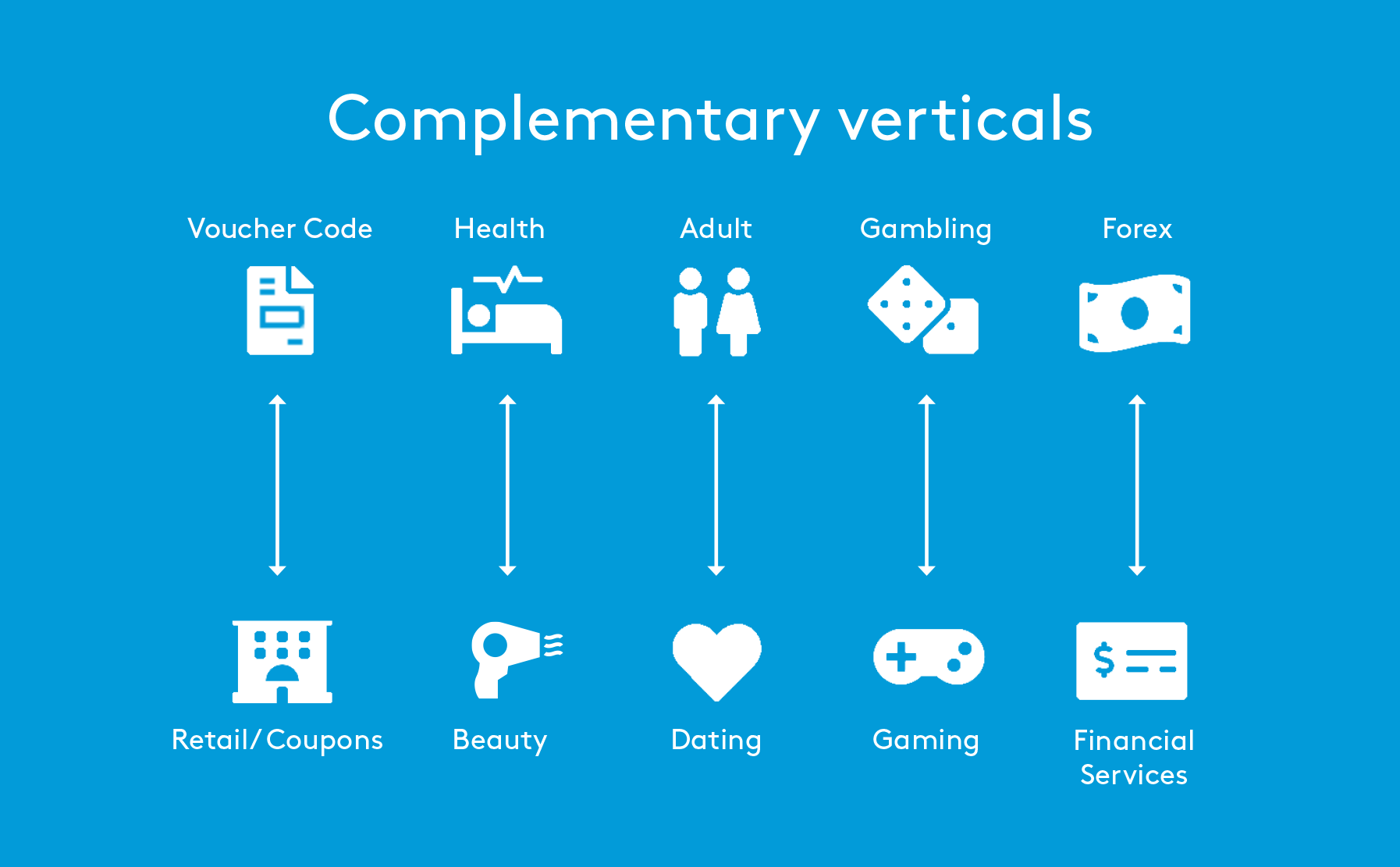Building a Performance Marketing Program Resilient to Economic Fluctuations

Whether you’re with an affiliate or lead distribution network, expanding a performance marketing program to include a variety of verticals and partners ensures flexibility and long-term viability despite the potential ebbs and flows of a shifting economy.
Historically, economic downturns have an immediate impact on consumers’ discretionary spending. As a result, more conservative spending often delays expensive purchases such as homes and cars which has a ripple effect on the industries that support those goods. Industries vulnerable to dips in the economy tend to include auto, sports, real estate, beauty, restaurants, leisure, and hospitality. The good news is there are many industries that thrive during tough times since they are less susceptible to economic volatility coupled with consumers’ innate dependence on them. Such industries include healthcare, government, education, technology, the service industry, coupons, debt settlement, and senior care home services.
How do you handle these fluctuations? The solution is simple. Networks should proactively strengthen their program by including both recession-vulnerable (which typically perform best in economic rebounds) and recession-proof verticals to solidify growth, profitability, and business continuity regardless of the current economic state.
Expanding your network with a diverse vertical portfolio and partners
Three approaches that actually work
For many networks, diversifying a performance marketing program sounds great in theory. However, the question still remains – how do you practically and effectively refine existing operations to scale your business model?
Here are three actionable steps network owners can leverage today to future-proof their performance marketing program.
1. Start with what you know – Pinpoint verticals with similar target audiences
Networks can branch out and incorporate related types of verticals which enable ongoing operations and profitability even in fluctuating economic markets. In performance marketing, many verticals complement one another and can naturally become an extension of the network’s current portfolio. Let’s look at an example. The dating and nutraceutical verticals go hand-in-hand because they share a similar target audience with like-minded interests. Conversely, the dating and education verticals have different audiences and demographics.

For affiliate and lead distribution networks just beginning to diversify their performance marketing program, launching campaigns and working with advertisers, affiliates, and buyers in complementary verticals is an excellent starting point. This approach offers the most consistent and seamless growth plan for the network’s affiliate managers who oversee day-to-day performance. Once you’ve mastered the complementary verticals, explore other verticals outside of your current offerings to bolster your performance marketing program even more.
2. Find quick wins – Discover verticals with similar conversion paths
Implementing new verticals with similar conversion paths to your existing verticals can be easily accomplished and offers scalability for the future. A conversion path is the process by which a website visitor ultimately becomes a lead, including all of the touchpoints along the way. When it comes to measuring and optimizing conversion paths, not all affiliate verticals are alike.
Conversion paths have many factors including how many touchpoints they contain, the most effective advertising to attract visitors, and the types of incentives needed to convert users into leads, plus so much more.
For example, in both the gaming and dating verticals users are incentivized to sign up for an account or unlock free access for a set period of time. Even though the verticals are different, the conversion metrics measured are the same.
3. Make strong connections – Team up with various types of partners and buyers
Networks focused on partnering with just one affiliate type are also missing out on additional revenue opportunities. Adapt and ensure long-term network stability by widening your partners beyond traditional affiliates. This offers a solution to secure the right type of traffic and leads, as the customer journey continues to include more channels and touchpoints.
Networks can onboard different types of affiliate partners including: email marketers, content marketers, search affiliates, and social media influencers. There are also affiliates that own comparison shopping sites, coupon sites, loyalty sites, review sites, and news and media sites.
BONUS:
For lead distribution networks, finding the right buyers to purchase the leads generated is an essential component. Here’s how to identify the best buyers for the verticals you operate in:

A proactive plan for now and the future
The most successful networks agree — Diversifying a performance marketing program with new verticals and partners is a vital step toward future-proofing an organization.

Our latest eBook highlights additional ways networks can begin their journey towards strengthening performance marketing today and for the future.
If you’re looking to:
- Expand your affiliate network with lead distribution —> Download this ebook
- Run a successful lead generation program —> Check out this blog
- Learn how to select the right lead distribution software —> Get this checklist